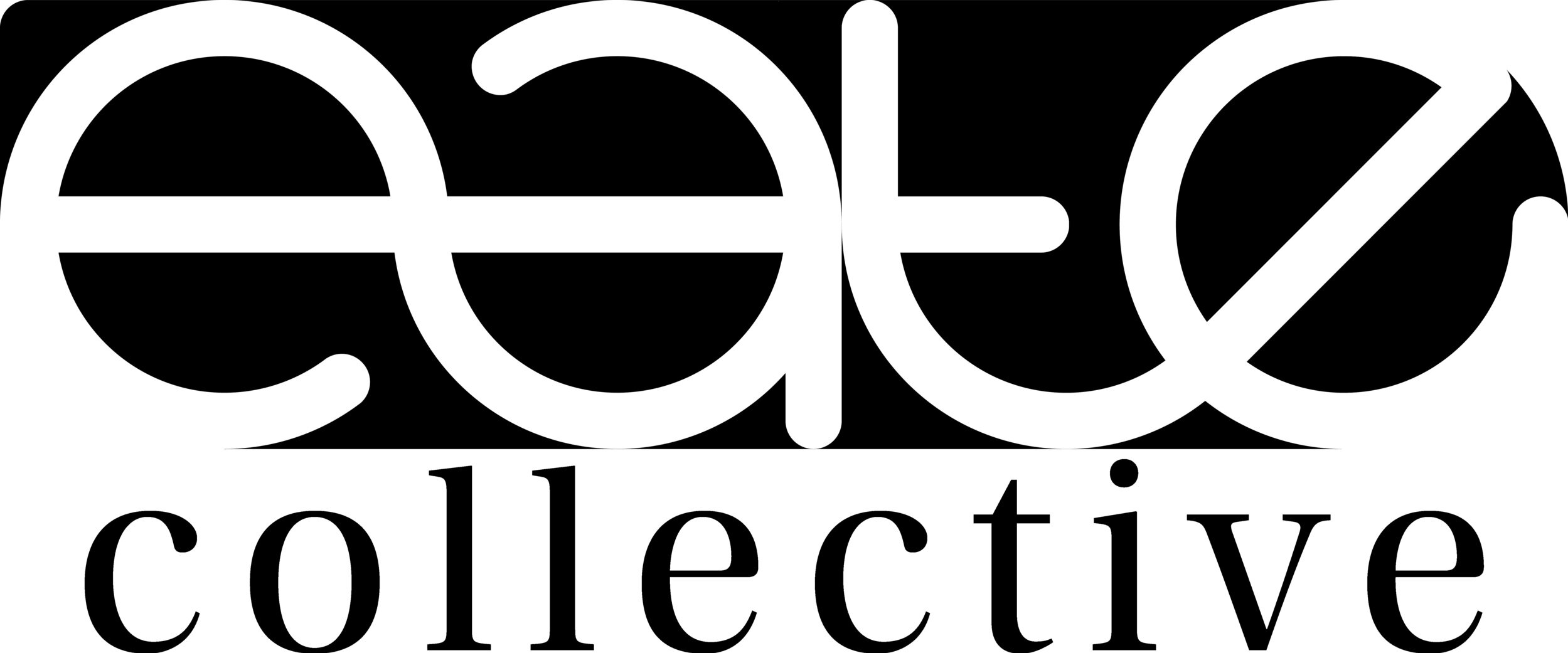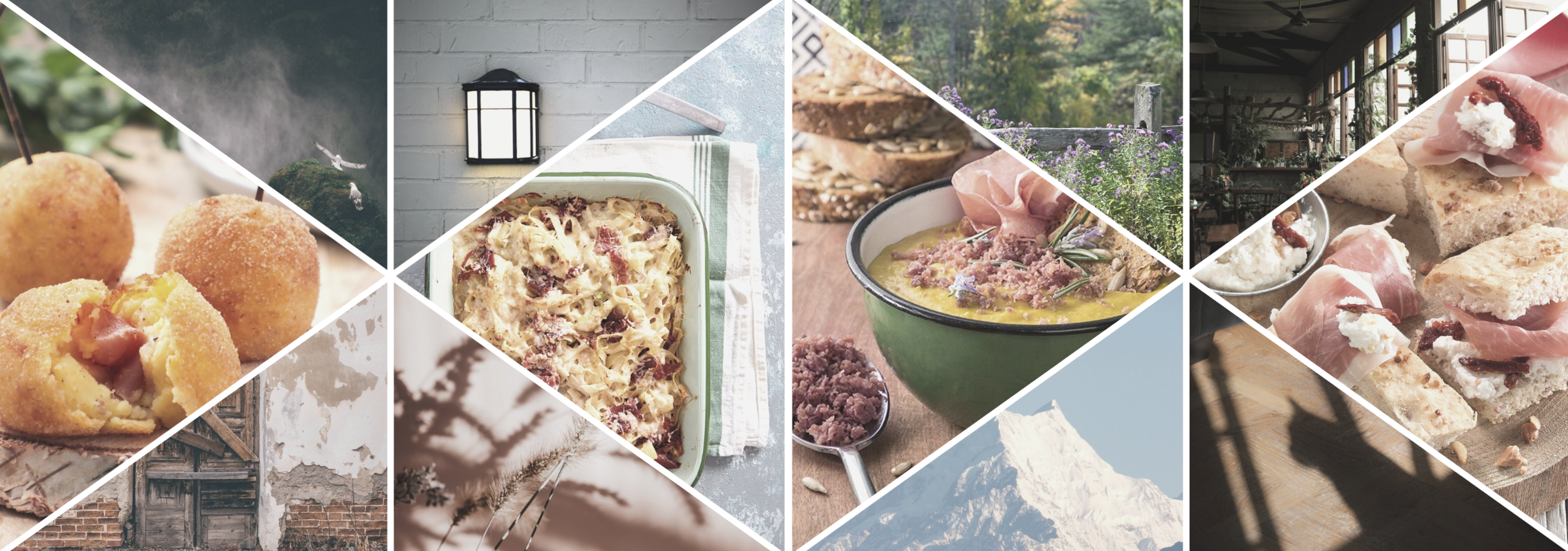Did you know that 2 in 3 customers pay close attention to ethical working practices when dining out or ordering takeaways? If you want to capture the attention of the sustainability crowd and showcase your commitment to the planet, we've got some invaluable tips to help you make a positive impact and get on their radar.
If you live in the U.K. you may have seen a strange advert on your TV in the last few years that seems to be promoting meat and dairy in general. While also criticising the vegan diet.
There’s no particular brand of cheese or sausage. Simply, ‘eat meat and dairy — it’s good for you and the planet’. No, that wasn’t a weird fever dream. We all saw it. It was the ‘We Eat Balanced’ TV led advertising campaign, run by the AHDB.
“Ever since the city was founded by the Roman Empire over 2200 years ago, every facet of life within Parma has been shaped, to a great degree, by the arts.”
There are too many chefs deserving of recognition to fit in even the largest of books. Yet, the enormity of the challenge is no reason to not begin, and we will do so with the smallest, but no less meaningful of steps, a list of five chefs that I believe deserve a little more time in the spotlight’s warming glow.
‘I call my cookbooks “fictions of flavour” for two reasons. The first being they are, in my view, creative pieces of work equal to novels with creativity found in the combination of ingredients rather than words, and the other, that they rarely exist off the page on a plate - just as books exist in our imaginations - and never stumble into reality.’
At RumFest 2019, Mainbrace launched their unique brand of rum, as they entered the welcoming but saturated Spirit community. Two years and multiple awards later, our EateCollective editor, Mike McShane, spoke to co-founder of Mainbrace, Richard Haigh to discuss how it all started.
“Food is much more than a mere combination of ingredients. Yet, despite this widespread understanding, cookbooks, the guardians of our cuisines, are habitually viewed simply as collections of recipes. This over simplistic perception is directly rooted in widespread ignorance concerning the complex set of functions cookbooks perform.” This week, Jacob dives deep into the question ‘how do cookbooks shape our identity?’
‘Britain conquered half the world for spices and decided it didn’t like any of them’ is a caption usually accompanied by a photo of a mound of anonymous boiled stodge. The internet is littered with this sort of thing, it’s a joke which recurs with reliable regularity. Though this epithet of the United Kingdom’s cooking is little more than a harmless quip, I did find it interesting how far removed the great joke of British gastronomy is from reality.
Guilt, sin, pure, clean and sacrifice. All morally charged words with strong religious connotations that you’d likely hear in a sermon. Alarmingly, however, they’re the buzzwords propelling the ‘clean eating’ epidemic. Where food is now framed in the dichotomy of good or bad; we must cleanse and repent our dietary misbehaviour and weight loss group Slimming World quite literally categorises certain foods as ‘syns’. Is clean eating the new religion of 21st century, non-secular capitalist culture?
To tell the story of a product through branding alone is something that requires a razor-sharp understanding of the market that you are operating in. For the wine industry, this means an intimate understanding of the vineyards, growers, and flavours that you work with. We talked to Daniel Hanna, Sales Manager at Vineyard Productions, and asked him a bit about himself, his company and the industry he represents.
This week, Jacob delves into the rich and storied tale of the remote Atlantic island of St Helena, and how the rare and exquisite coffee that is grown there was intertwined with the life of one of history’s greatest military commanders.
First We Eat is a powerful exploration of the meaning of food sovereignty and security, and a celebration of the joys of eating local, seasonal food. The sweeping, meditative shots of the pristine but threatened Yukon valley remind us of the unique remoteness of the location where the growing season is just 66 days. As several characters in the documentary point out, ‘if it can be done here, it can be done almost anywhere’, ‘it’ being source 100% of one’s food locally and ‘here’ being at the inhospitable latitude of 64° N, and a six hour drive from the nearest Starbucks.
Louis tells the story of one of the pillars of Germany’s fast food scene - from its disputed origins to its power to overcome divisions in its home country.
PDO or ‘Protected Destination of Origin’ status helps us, the consumer, to make informed decisions about authentic products, reducing time spent in impersonal supermarkets whilst also enhancing the taste experience in our cosy kitchens. However, what benefits does it bring to the producers and manufacturers, many of whom stand as the sole guardians of ancient practices?
In an exclusive interview for EATE, Louis talks to beloved chef and television personality Gennaro Contaldo about his deep rooted love for Parmigiano Reggiano, the famous hard cheese that is one of the most iconic flavours of Italian cuisine. Gennaro reminisces about his time growing up on the Amalfi Coast, and shares with us his tips for creating unusual yet delicious flavour pairings to compliment Parmigiano Reggiano.
Food waste has been steadily increasing over previous decades due to the linear model of consumption, the mechanisation of farming, and globalisation of food supply chains. These individual processes when combined have resulted in a society which views food as an easily replaceable commodity instead of a precious resource. Fortunately, the hyper connectivity of current times - propelled by widespread smartphone ownership - has allowed for innovative software solutions to address these issues.
When the war in Korea ended in 1953, a playground for Cold War tensions between the Soviet Union and the United States, the 38th parallel across the peninsula marked a division between two of the world’s poorest nations. Although the regions went in opposite directions - the South into American-inspired democratic and economic success and the North engaged in communist juche or self-reliance under a totalitarian leadership - they still share a table.
Alexandra shares her experiences of the social and cultural barriers to adopting a vegan diet in the deeply religious, meat-orientated, classically-southern state of Alabama.


















